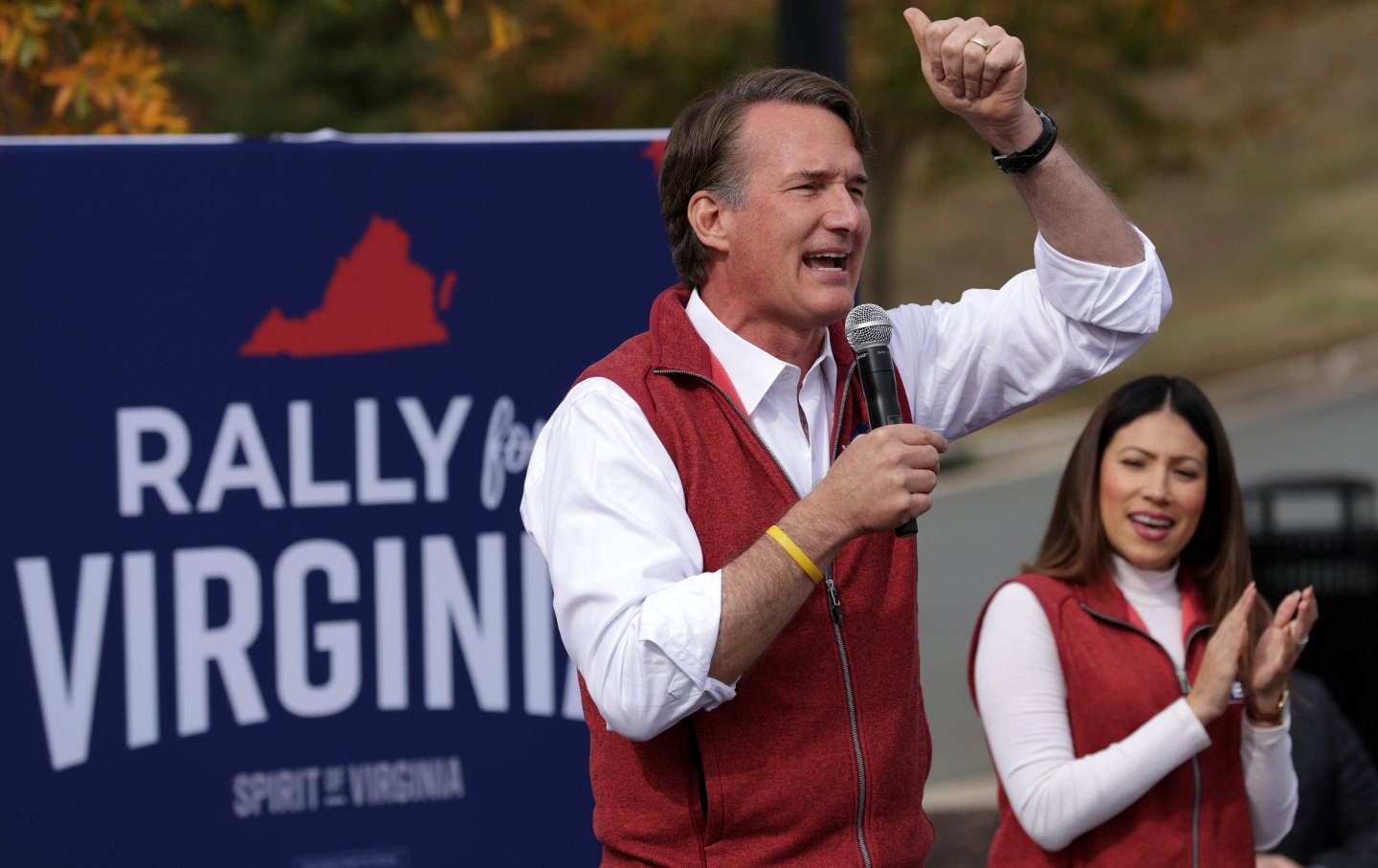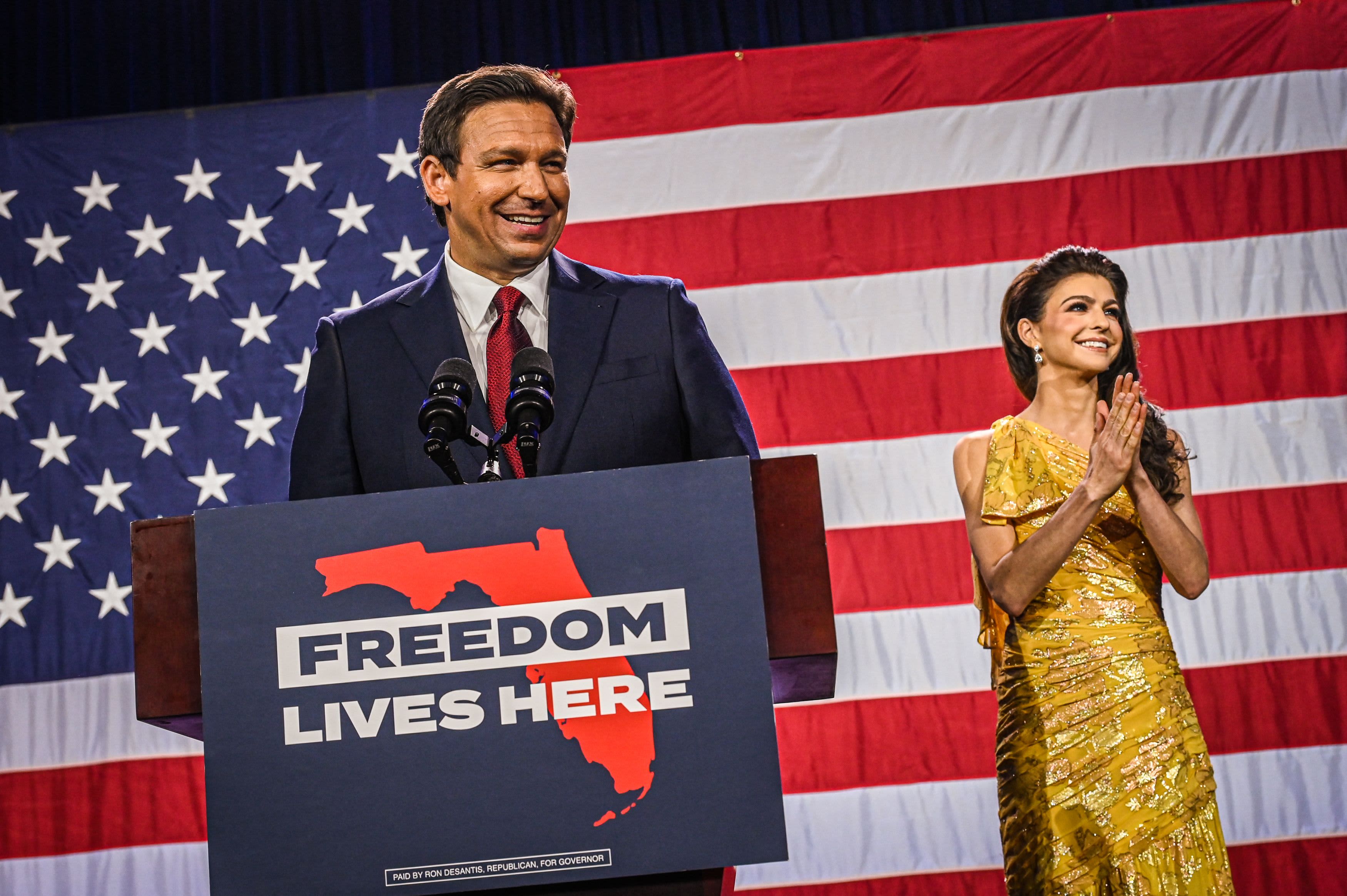As seen from the previous posts, there is an extremely prevalent issue of educational censorship at local, state, and national levels. At this point, it is difficult to argue that educational censorship is not a political issue because of the number of “gag order” policies that have been proposed in recent years (ACLU). However, there is still the question of why this onslaught of bills has been proposed. This post aims to explore what political goals are being pushed forward through censorship.
The Anti-Public Education Movement

When books and curriculum are challenged, someone has to perform the task of revising or removing them. This often falls to teachers and staff, which becomes problematic when there is already a teacher shortage due to the COVID-19 pandemic and strains on the workforce. As the Center for American Progress explains, “These actions are part of anti-public-school policies and agendas, which have adverse impacts on the experiences of students who attend these schools. More recently, states such as Arizona and Tennessee have also resurrected former Secretary of Education Betsy DeVos’ privatization schemes and proposals to expand tax incentives that benefit private-school parents by passing voucher laws allowing parents to move their children into private school or other alternative schooling options with no accountability in accordance with Every Student Succeeds Act (ESSA) law” (Alleyne). Certain politicians use issues like race and LGBTQ+ topics to create division and prevent school communities from organizing to demand that every student get a quality education, and not just those with the wealth to attend private schools. DeVos is known for wanting to cut funding for public education, and wasting the already limited resources on curriculum censorship accomplishes this task by lowering the quality of education.
Right-Wing Election Politics



Issues of diversity make people angry. This is something that conservatives are well aware of, and the GOP is pushing these issues to the forefront in the 2024 election in order to rally support behind their candidates. Consider Ron DeSantis’ campaign speech to “stop woke” in Florida, or Christopher Rufo’s manufactured frenzy around critical race theory, calling it “the most successful counterattack against B[lack] L[ives] M[atter] as a political movement’” (ACLU). Many right-wing politicians have built their platforms off of opposing the rights of marginalized people, and this is a continuation of that.
This has a historical precedent. In 1994, the Republican Party adopted the “Contract With America” as a legislative agenda to flip Congress in their favor during the next congressional election. This movement had strong ties to the Christian Coalition’s “Contract With The American Family”, as both of them made parental rights central to their political campaigns. During this era, politicians across the country ran on a premise of restoring parental rights and choice. This came to a head with Pat Buchanan’s 1996 presidential bid, where he promised that he would, “…shut down the U.S. Department of Education, and parental right will prevail in our public schools again” (Caruso). The same rhetoric was repeated in 2021, when Glenn Youngkin won the Virginia congressional seat on the premise of educational censorship by way of parents. As educational reporter Jennifer Berkshire commented, “In Youngkin’s upset win, the GOP saw its path to forever rule. And it was lined with angry parents” (Berkshire). In the following months, many states followed suit in creating educational gag orders. Educational censorship and parental rights in education are a means to political domination.
Fascism

One of the most common signs of fascism is censorship, especially educational censorship. In Russia, Joseph Stalin was known for “revising” literature and altering photographs as part of the totalitarian regime. Mussolini’s Italy also created a centralized, state-controlled school system with a propaganda-based curriculum. During the Chinese Cultural Revolution, intellectuals were targeted under Maoist policies. In 1970s Cambodia, Pol Pot systematically eliminated the educated. And, perhaps most infamously, Hitler’s Nazi party instituted a new curriculum, systematically removed Jewish teachers and students, and burned any books that did not align with their belief system – notably the research of the Institut für Sexualwissenschaft (Medium).
If censorship is not recognized for the reality of what it is, the consequences are grave. That is why it is so important to combat. Organizations like the ACLU and Human Rights Campaign are fighting to legally ensure that First Amendment rights are protected. Educators and advocates are speaking out about their experiences with censorship and combatting injustices in local districts. On an individual level, many libraries, schools, and other organizations that serve students have started “Banned Books Libraries” or book clubs, and promote learning about a variety of diverse perspectives. While it may be bleak to expect a fascist dystopia heralded by educational censorship, it’s important to know that there are still ways to prevent things from escalating by making our voices and perspectives heard despite those who would silence us.

Teja – this is an absolutely fantastic post, as always. This is so well written and researched. This post is a great closing to your civic issues blog this semester. As a historian, I definitely agree the things that we’re seeing today are so, so scary – educational censorship, widespread distrust in the government and elections, highly polarized partisan politics, fear of fake news… the list goes on and on, and it’s all happened before. In the book I’m reading about Virginia Hall, the beginning chapters set up the context of the pre-war years, and this quote in particular stood out to me:
“Hitler, until quite recently the butt of complacent laughter by commentators who said he would come to nothing, was now chancellor of Germany and worshipped by millions… such extremism (on the left and right) seemed to be on the march everywhere, on the back of propaganda, sloganeering, and ruthless media manipulation. Truth and trust were falling victim to fear, racism, and hatred.”
I really try to be optimistic, and I don’t want to constantly worry about chilling historical parallels. This is essential to know and be aware of, though, and (shameless history plug) THIS IS WHY history is important.
Anyways… great post. I enjoyed reading it. 🙂
This post is such a serious topic that I almost felt bad that I laughed when you brought up Mussolini’s censorship only because Iit’s been on my mind everytime I read one of your posts. The point you make about how censorship typically stems from political agendas is so accurate, but the more disheartening part is when you realize how often it takes advantage of festering anger that has been stewing in a community for years. As someone who went to a public school, the issues you brought up about privatization and more parental control over what students should and should not learn are not issues that I am unfamiliar with. It just disappoints me that it is on such a national scale that I didn’t truly believe it to be. Overall, great post and I look forward to your next one.